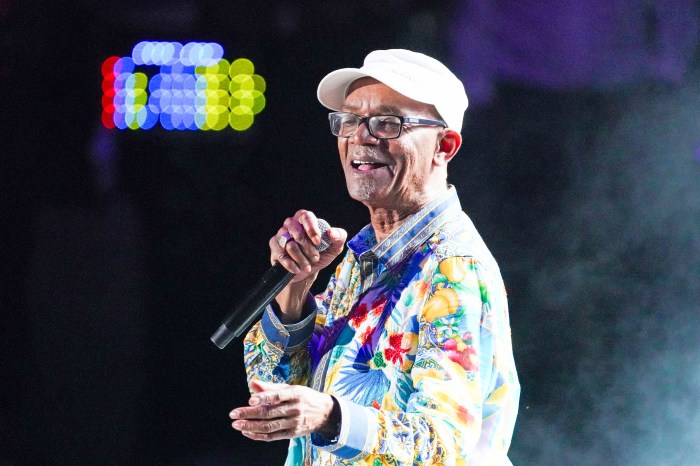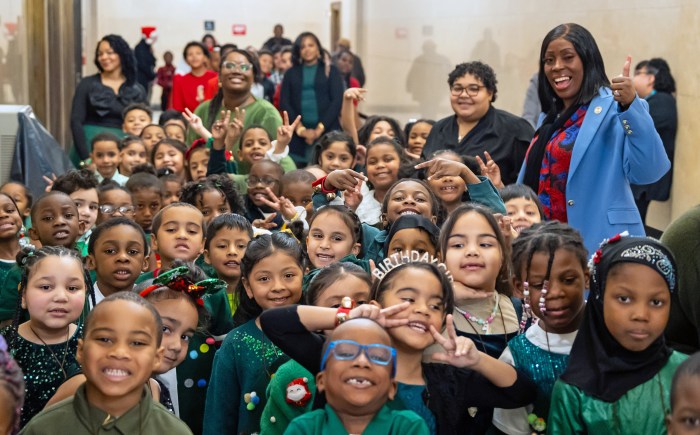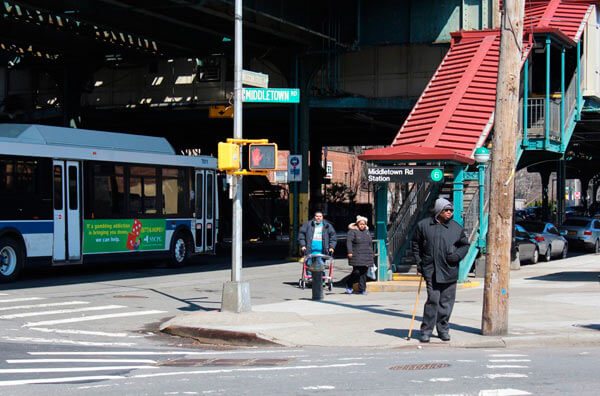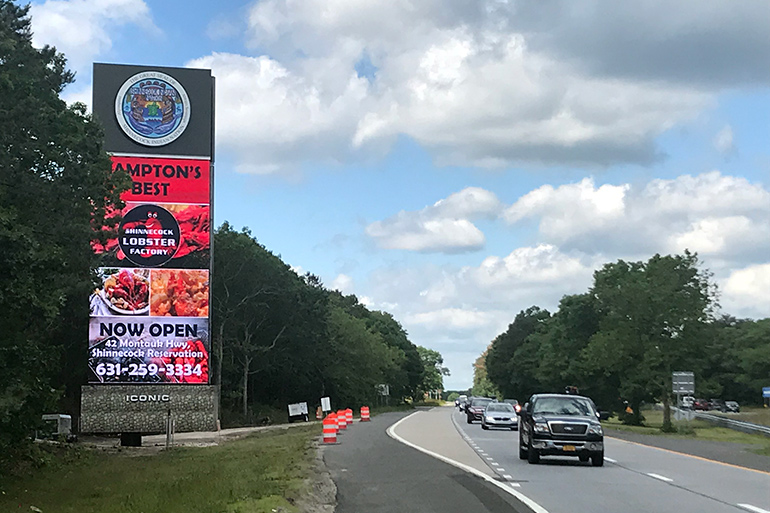A momentous transformation will occur on the grounds of a former penal colony in St. Laurent, French Guiana when the Transamazoniennes Festival, 6th edition, returns Nov. 10-13
The festival showcases the diversity of arts and cultures: Bushinengue, Amerindian, and Creole of the Guiana Shield.
Its theme: “Culture and Resistance” is fitting, as it is located just steps from the banks of the Maroni River, the gateway to bushinengue communities formed upriver in the 17th century in resistance to colonial plantation owners and whose remoteness preserved their African culture.
Artists from those villages, descendants of those who passed through the gate of no return, Chris Combette, Prince Koloni, Lil Guerrier, Energy Crew along with Amerindian traditional dance and music will be joined by international artists notably:
Julian Marley, the fiery French rapper Keny Arkana, Jamaican Reggae Dub artist Rod Taylor, Dominica’s voice of conscious Nasio Fontaine, Brazil’s Enrico de Miceli, Ghana’s Wanlov the Kubolor aka “the Prince of Pidgin”, Naby from Guinea, Senegalese drummer Doudou N’Diaye and sons, and Papa Zon. During the course of the weekend over 60 groups will perform.
The river and this culture are inseparable. Seated at the front of dugout canoe watching the twists and turns of the Maroni unfold, is a way to begin to understand where this music comes from. I saw lush green banks passing a little slower in the wide, nearly still waters give way to twists and turns where rain forests trees shade the boat.
Thinking this is how the river looked to generations of Bushinengue and Arawak in the villages on its banks is where musicians such as the Spoity Boys and Fondering hail from. As our guide gunned a beeline across the open water or chose a channel to navigate, or slowed at a critical point only to gun the engine as we passed, It became clear that we were seeing the river very differently. But that is the lesson of the festival itself.
Among local artists who will take the stage Prince Koloni is particularly passionate in his people’s concerns, both in Suriname and Guiana, Government corruption and destruction of their habitat by mining and logging are themes he touches on, lamenting that it is no longer possible to live a traditional lifestyle hunting and fishing. Mining has poisoned the fish in the rivers and land promised to them and the Amerindians is being logged, stripping forest animals of their habitat.
The striking purity of Koloni’s voice gives the music a haunting edge.He sings in the local languages, Taki Taki and Saramaka, French and English. Koloni can also be heard leading the Aleke group Fondering. Aleke music typically begins with soaring call and response chanting, then one of several rhythms then kick in from a line of drummers and percussionists. Aleke is the close cousin of Mawina music from Surinam. The songs of these percussion ensembles from just across the river, are based on these rhythms, influenced from Indonesian and european includes R&B-like harmonies in the call and response vocals, the Spoity Boys are masters of this form.
The Transamazoniennes festival was born “under the impetus of a merry band of agitators and cultural activists” in the words of founder Michael Christophe. Today the light Transamazoniennes shines will illuminate this musically fertile outpost of the diaspora to an international audience but also serve as a beacon to those who seek to preserve their culture and resist oppression globally.
Travelers from North America can book Caribbean Airlines to Paramaribo and finish the trip with mini van taxi service to the Maroni border, where longboat ferries cross to St. Laurent. A visa is needed to enter Suriname. The other option is to connect to Cayenne through Martinique or Guadeloupe, and make the three hour trip to St. Laurent by taxi vans that leave the capital regularly up to 5:00 p.m.




















